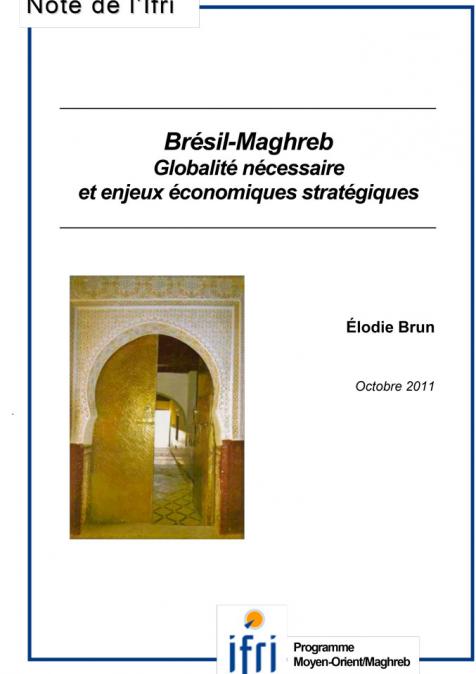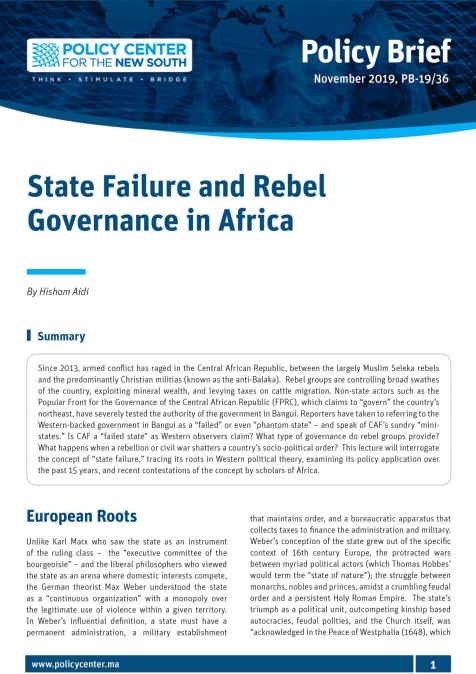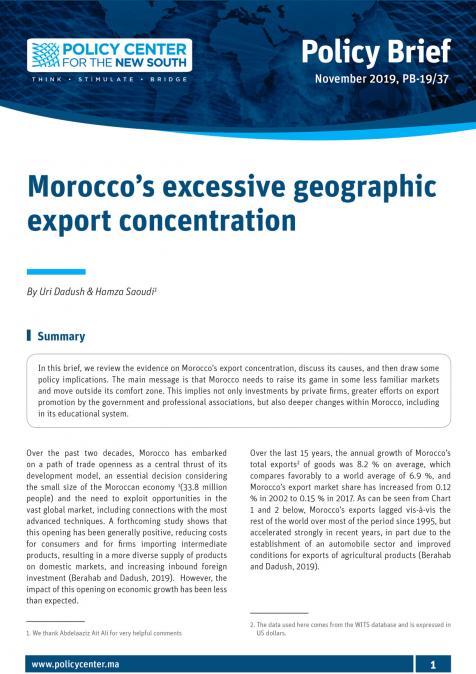Publications /
Policy Paper
Les relations qu’entretient le Brésil avec les pays du Maghreb peuvent paraître paradoxales. D’un côté, l’Algérie, le Maroc et la Tunisie ne semblent pas représenter des priorités de la diplomatie brésilienne. D’un autre côté cependant, il n’est pas possible de conclure que ces pays ont été ignorés par le gouvernement du président Lula. Les trois font notamment partie des pays arabes acheteurs de matières premières à fort potentiel. Surtout, ils importent comme pourvoyeurs d’hydrocarbures historiquement non négligeables dans le cas de l’Algérie et comme fournisseurs de produits phosphatiques pour le Maroc et la Tunisie. Les relations avec les États maghrébins mettent en relief une caractéristique de la diplomatie brésilienne, celle de l’équidistance qui permet à leur pays de jouir d’une image extrarégionale généralement très favorable, ce qui facilite le rapprochement avec le Maghreb.





